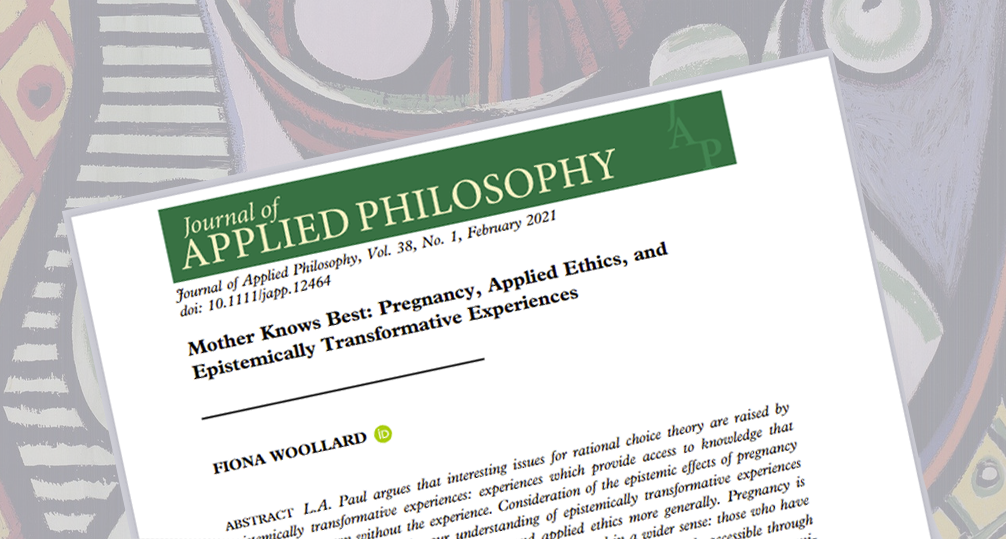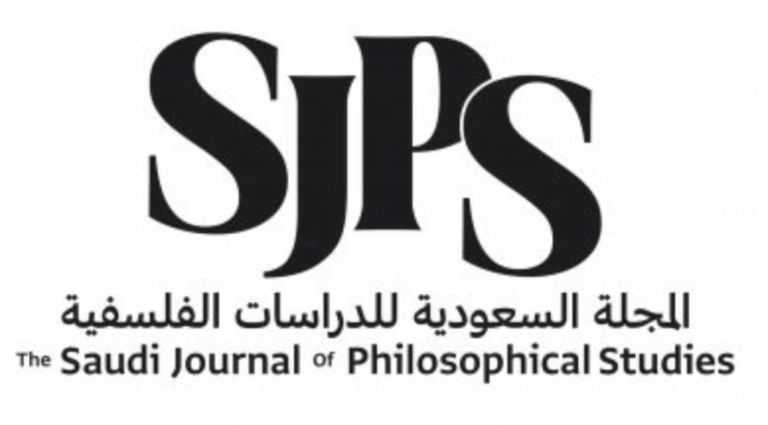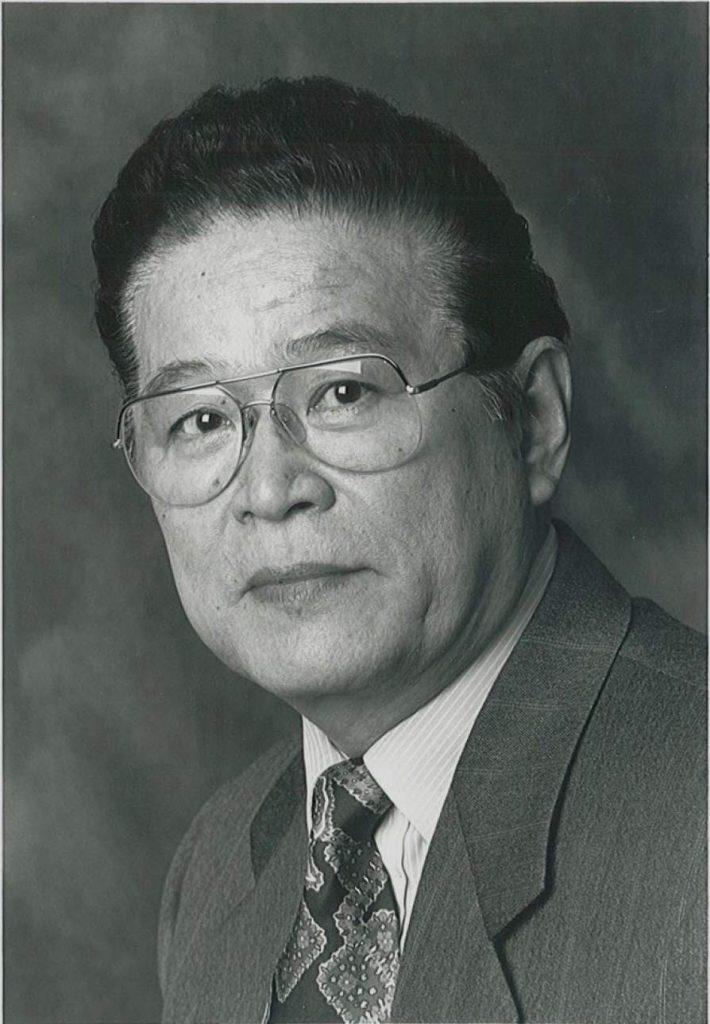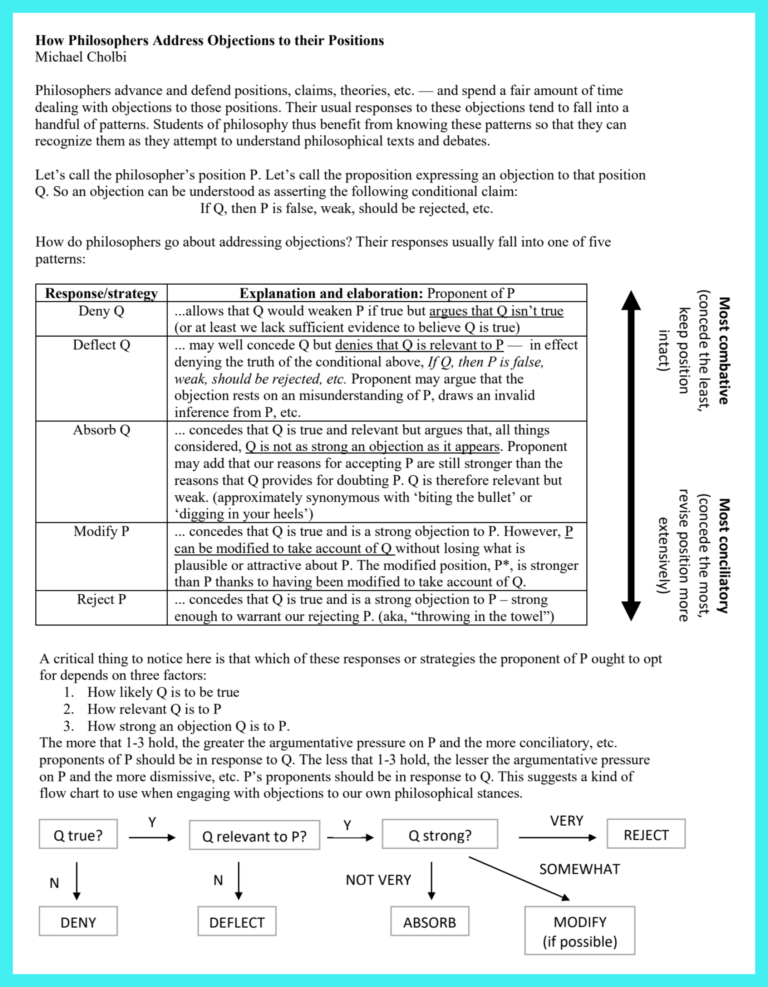L.A. Paul argues that interesting issues for rational choice theory are raised by epistemically transformative experiences: experiences which provide access to knowledge that could not be known without the experience. Consideration of the epistemic effects of pregnancy has important implications for our understanding of epistemically transformative experiences and for debate about the ethics of abortion and applied ethics more generally. Pregnancy is epistemically transformative both in Paul’s narrow sense and in a wider sense: those who have not been pregnant face significant barriers to acquiring the knowledge made accessible through pregnancy. This knowledge is crucial for engaging with the ethics of abortion. The epistemically transformativeWIDE nature of pregnancy may require us to use new methods to try to partially grasp what pregnancy is like, such as, for example, significant engagement with narrative literature. Because pregnancy is also epistemically transformative in a narrow sense, we need to work out how to engage in ethical reasoning when relevant knowledge is not fully accessible to all. This argument has implications beyond the debate about abortion. Philosophers in many areas of applied ethics will need to work out how to respond appropriately to epistemically transformative experiences.
Professor Woollard was awarded the prize for her article, “Mother Knows Best: Pregnancy, Applied Ethics, and Epistemically Transformative Experiences.”
Here’s the abstract of the paper:
Fiona Woollard, professor of philosophy at the University of Southampton, is the winner of the 2021 Journal of Applied Philosophy Essay Prize.


The prize includes £1000 and a subsidy for attendance at the Society for Applied Philosophy annual conference.





